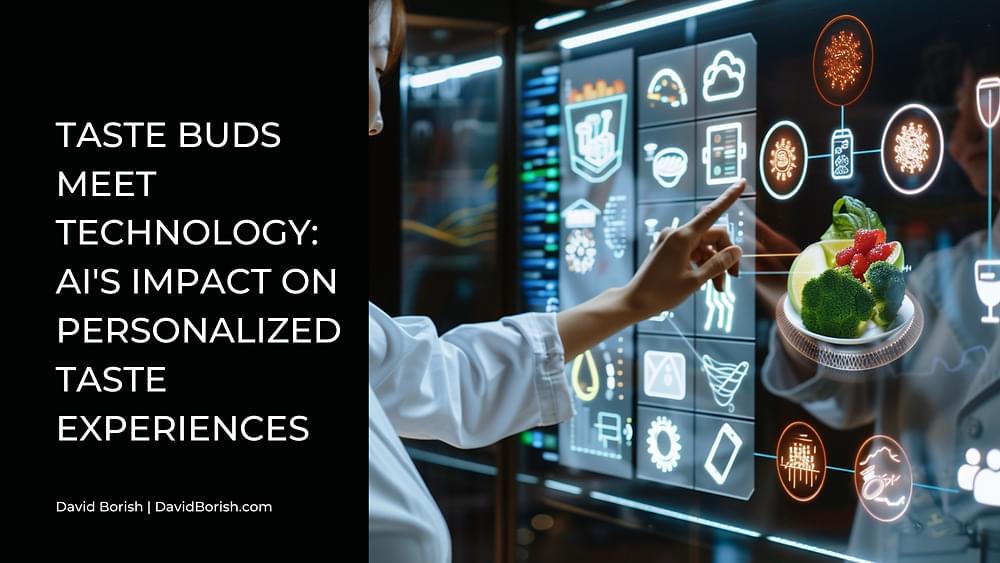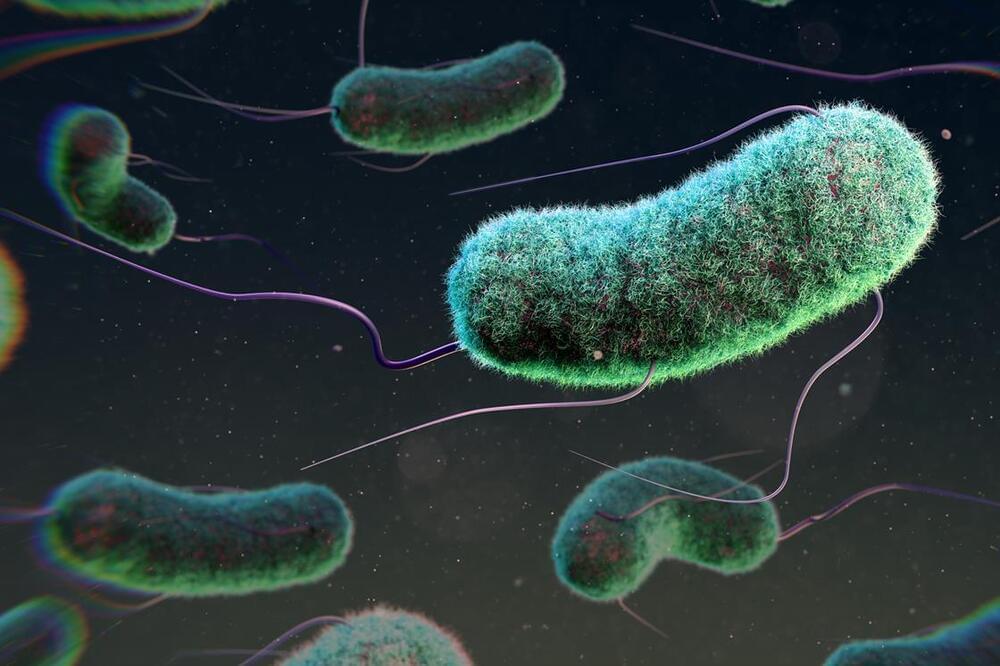Apr 26, 2024
Zomato’s quick commerce business now more valuable than its food delivery, says Goldman Sachs
Posted by Gemechu Taye in categories: business, finance, food
Goldman Sachs said in a report late Thursday that Indian food delivery giant Zomato’s quick commerce arm Blinkit is now more valuable than its core food delivery business, as per the bank’s sum-of-the-parts analysis.
The investment bank estimates Blinkit’s implied value at 119 Indian rupees per share ($1.43) or about $13 billion, while Zomato’s food delivery business is valued at Rs 98 per share. Goldman previously pegged Blinkit’s valuation at $2 billion in March 2023.
Blinkit’s valuation surge is driven by its strong growth potential in India’s fast-growing quick commerce market. Goldman Sachs forecasts Blinkit’s gross order value (GOV) to grow at a compound annual growth rate (CAGR) of 53% between the financial years 2024 and 2027, outpacing the overall online grocery market’s projected CAGR of 38% during the same period.


















